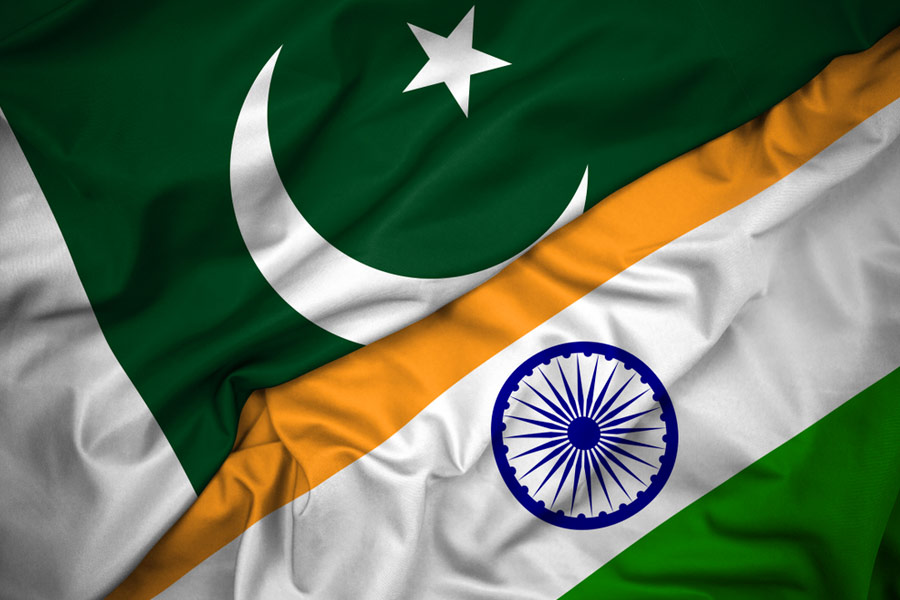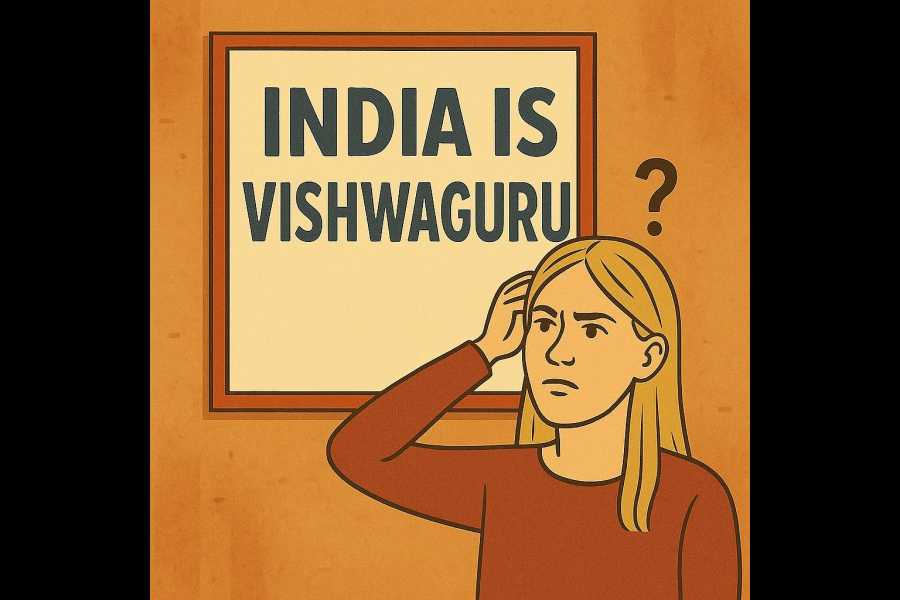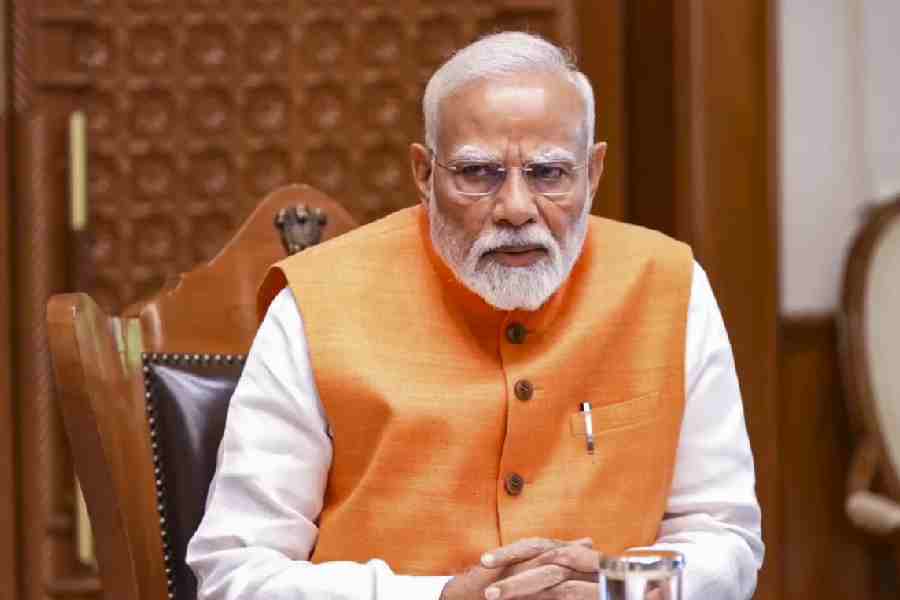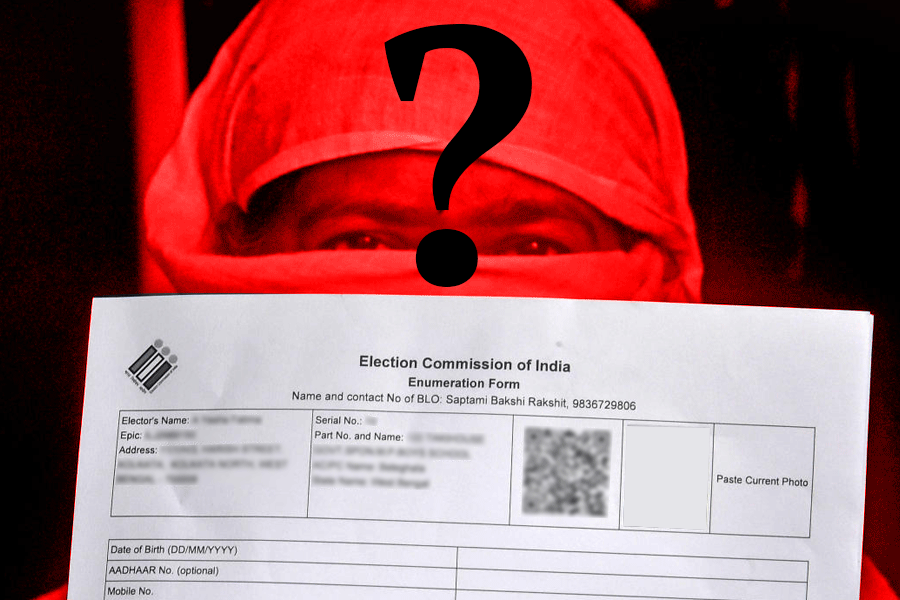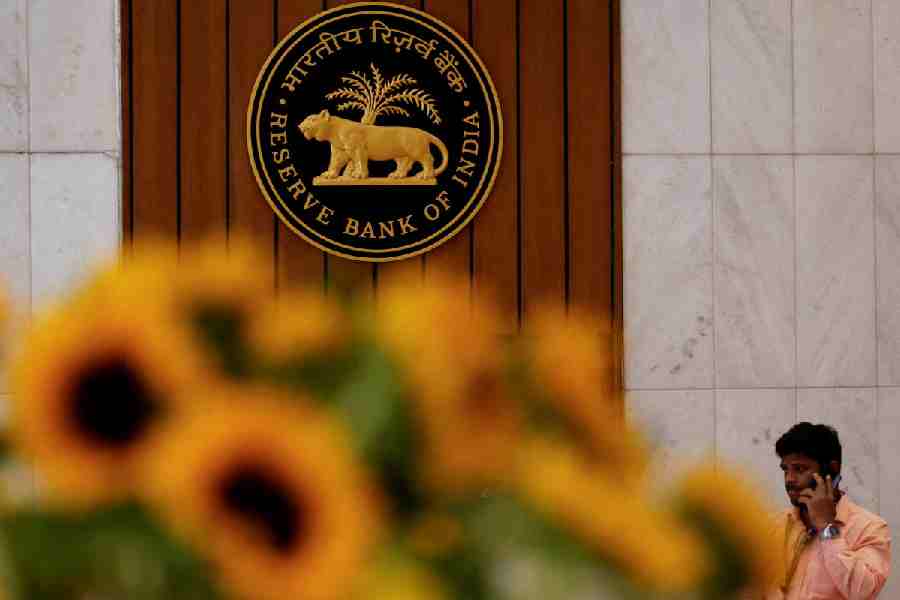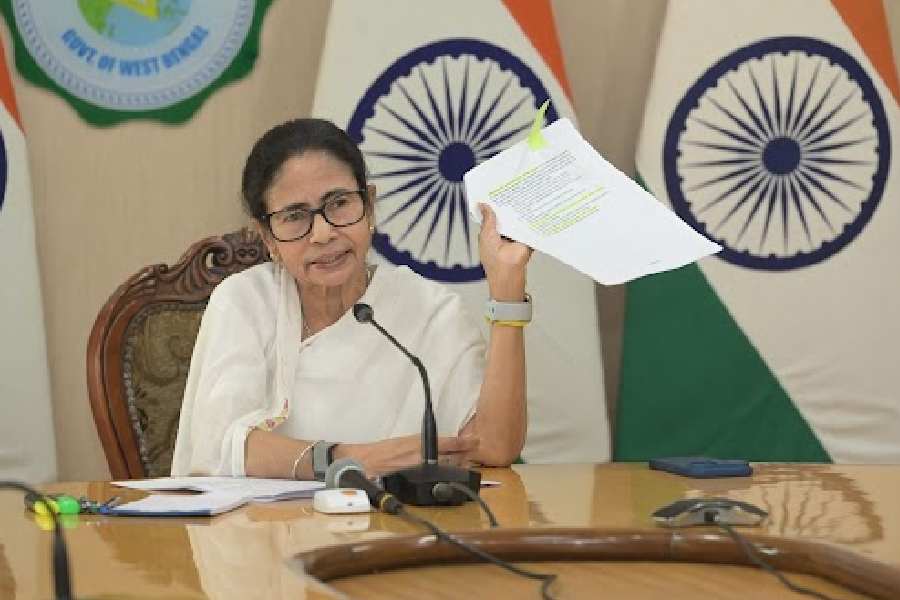India’s diplomatic blitz to isolate Pakistan has suffered a body blow, with a top US General praising Islamabad’s counter-terror record as “phenomenal.”
General Michael Kurilla, the US commander for the Middle East and Central Asia and South Asia (Centcom), told lawmakers this week that Pakistan has been a “phenomenal partner” in America’s counterterrorism fight.
The ringing endorsement undercut New Delhi’s anti-Pakistan pitch just as an Indian parliamentary delegation was winding down a widely watched visit to Washington led by Congress MP Shashi Tharoor.
“Since the beginning of 2024, Pakistan had over 1,000 terrorist attacks in the western area, killing about 700 security (personnel) and civilians, and 2,500 (were) wounded,” Kurilla said at a House Armed Services Committee hearing.
Kurilla argued in favour of strengthening ties with both India and Pakistan. But he reserved his most fulsome words of praise for Pakistan: “They are in an active counter-terrorism fight right now and they have been a phenomenal partner in the counter-terrorism world,” Kurilla said.
In another serious setback for India’s diplomatic efforts to paint Islamabad as the black sheep, Pakistan’s domestic press is reporting that hardline army chief Asim Munir will arrive in the US on Thursday and attend the US Army’s 250th anniversary parade two days later. The event coincides with Trump’s 79th birthday.
Kurilla testified that US intelligence shared with Islamabad had led to the arrest of at least five ISIS-Khorasan (ISIS-K) terrorists, including Mohammed Sharifullah, suspected of orchestrating a suicide bombing in 2021 at Kabul airport that killed 13 US troops and at least 170 Afghan civilians.
“We’re seeing Pakistan -- with limited intelligence that we provided them -- go after them [terrorists] using their means to do that,” Kurilla added. The General told the committee that ISIS-K spends considerable time in the border areas between Pakistan and Afghanistan because of a rivalry with the Afghan Taliban government.
The General’s words marked a stunning reality check for New Delhi. While India has been lobbying to have Pakistan blacklisted as a state sponsor of terror, far from shunning Pakistan, the US is anxious to keep the Islamic republic firmly onside.
Following the April 22 terror attack in Pahalgam that left 26 men dead, India launched Operation Sindoor, a cross-border military strike targeting Lashkar-e-Taiba and Jaish-e-Mohammed facilities inside Pakistan.
Afterwards, to shore up global support for isolating Pakistan as a terror hub, the Modi government dispatched multi-party delegations around the world, including to the US. That mission, led by Tharoor, met senior US officials, including Deputy Secretary of State Christopher Landau.
In public statements, the State Department has reaffirmed its strategic partnership with India and support for its fight against terrorism. But it has also welcomed a Pakistani delegation led by the country’s former foreign minister, Bilawal Bhutto Zardari, for parallel meetings, including discussions on counterterrorism cooperation.
Asked whether Pakistan had assured the US of action against terror outfits, State Department spokesperson Tammy Bruce would only say that the two sides discussed a range of bilateral issues. She also welcomed the fact there is now a “cessation of on-ground hostilities – as you might imagine, thank God – between India and Pakistan.”
That remark will have irked New Delhi. India has insisted there is no ceasefire – only a “pause,” at Pakistan’s request. Prime Minister Narendra Modi himself declared that Operation Sindoor had not ended. Yet US President Donald Trump has repeatedly claimed credit for mediating the May 10 halt in fighting and has even offered to help resolve the Kashmir dispute -- much to India’s consternation.
Meanwhile, the Pakistanis have been lavishly ladling out praise for Trump. “President Trump is a man against escalation and a man against cold and hot war,” Pakistan Prime Minister Shehbaz Sharif told an audience at the US embassy in Islamabad.
He hailed Trump’s role in “de-escalating” the conflict, saying he had shown beyond any doubt that “he is a man for peace… and beneficial business deals.”
Sharif said the bilateral ties between the US and Pakistan are “entering into renewed friendship, and the close contacts are being revived".
Bhutto-Zardari echoed the praise in Washington, calling for US support in bringing India to the dialogue table. For India, long resistant to any third-party mediation on Kashmir, Trump’s overtures – and Islamabad’s eager embrace of them – highlight a considerable diplomatic setback.
One prominent place where the changes are evident is the United Nations. In a move that caught Indian observers off guard, Pakistan was elected to chair the Taliban Sanctions Committee. It will also act as vice-chair of the Counterterrorism Committee for this year.
Ironically, those committees sprang from US-led efforts to combat Al Qaeda and the Taliban — groups with profound, documented ties to Pakistan’s intelligence service.
For a country long accused of sheltering global terrorists, Pakistan now finds itself overseeing the anti-terror struggle. “Poacher turned gamekeeper,” commented one Indian official privately.
In a reminder that Pakistan still manufactures terrorists, a Pakistani citizen residing in Canada was extradited to the US on Wednesday on charges of attempting to provide material support to ISIS and attempting to commit acts of terrorism. Muhammad Shahzeb Khan is accused of planning a mass shooting in support of ISIS at a Jewish centre in New York.
All these events are playing out against the backdrop of a 20 per cent hike in Pakistan’s defence expenditure to 2.55 trillion Pakistan rupees ($9 billion) for the coming financial year, even as it cuts its overall budget by 6.9 per cent. The hike in defence spending is one of the biggest in decades.
Domestically, the diplomatic reversal doesn’t play well for the Modi government, which had insisted that its muscular foreign policy had de-hyphenated the India-Pakistan story.
In another major development, Pakistan is slated to take over the rotating presidency of the UN Security Council next month — an event that will give it further diplomatic prominence.
At the moment, India’s strategy of isolating Pakistan appears to be running out of road. Trade talks with Washington remain stalled. Russia is helping Pakistan revive a Soviet-era steel plant.
How has Pakistan found its way to Trump’s heart? There’s talk that a deal signed by a Trump family-backed venture with the Pakistan Crypto Council — days after the Pahalgam attack — may have induced Trump to take a more favourable view of Islamabad.
Ironically, that’s why the invitation to Modi for the G7 summit in Canada — after what appeared to be an unusual delay — has taken on outsized importance.
For years now, India has regularly been invited to the G7 summits.This time, just securing the invitation — even to an event hosted by Canada, a country with which India’s relations have been deeply strained in recent years — has felt like a diplomatic win.

